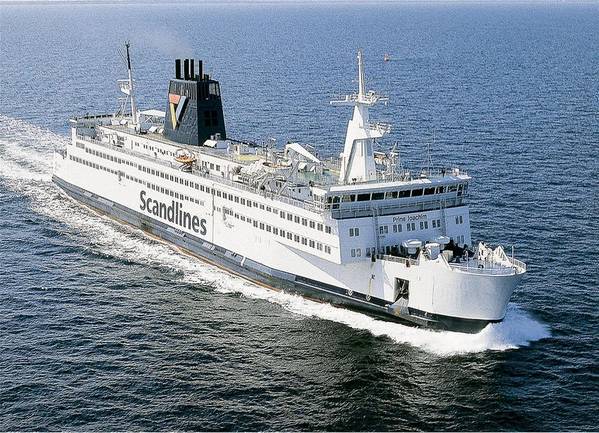A new action plan published today by the Danish Maritime Authority (DMA) and the Danish Environmental Protection Agency (EPA) aims to strengthen enforcement of regulations on ships' sulphur emissions in both Denmark and the SECA countries for 2016 onward.
According to the DMA, the goal of the action plan is to further pursue the experiences gained by the authorities in 2015 through surveillance from the air and control in ports. To achieve this goal, the collection of data from various sources will be needed to enable all SECA country authorities to optimize their enforcement – and this means that international cooperation in the EU and in the IMO as well as in the networks established between the SECA countries must be extended even more.
The action plan also contains initiatives focusing on the development of new surveillance technology, on fuel suppliers and on the promotion of investments in technology making it possible for ships to comply with the sulphur emission requirements, DMA said.
The plan has been made by the EPA and the DMA in close dialogue with the Danish Shipowners' Association (DSA).
DMA Director General, Andreas Nordseth, said, "We have gained much experience from the implementation of the first action plan from 2014. With the new plan for 2016, we want to extend the cooperation between the Danish authorities and to further strengthen our international cooperation – also in relation to the global sulphur limits of the future."
With the first action plan from 2014, the EPA and the DMA launched a number of initiatives. Inter alia, the number of controls of the sulphur content of ships' fuel has doubled in Denmark, and surveillance from the air in Danish waters is carried out by means of so-called "sniffers". These efforts are now supported by the new action plan.
"Until now, surveillance has shown that only very few ships violate the regulations. This is positive. But, there is still a need for efficient control and enforcement in both Denmark and the other SECA countries. The strengthened efforts make it possible for us to ensure a level playing field for law-abiding shipowners, while reducing harmful ship pollution," said Vice Director of the EPA, Michel Schilling.
In 2015, the industry, environmental organizations and the authorities have all focused on the importance of enforcement of the regulations to both the environment and Danish shipping. This is the case because noncompliant shipowners will gain considerable economic and, thus, competitive advantages and, consequently, do not bear the extra costs related to the emission of less sulphur, according to the DMA.
"We are very satisfied with the efforts made by the Danish authorities and fully support the constant and strong focus on enforcement of the sulphur emission requirements. This is not least true of the efforts made internationally because efficient enforcement will become even more pivotal when the sulphur emission requirements are also strengthened globally in 2020 or, at the latest, in 2025," said Director General of the DSA, Anne H. Steffensen.





